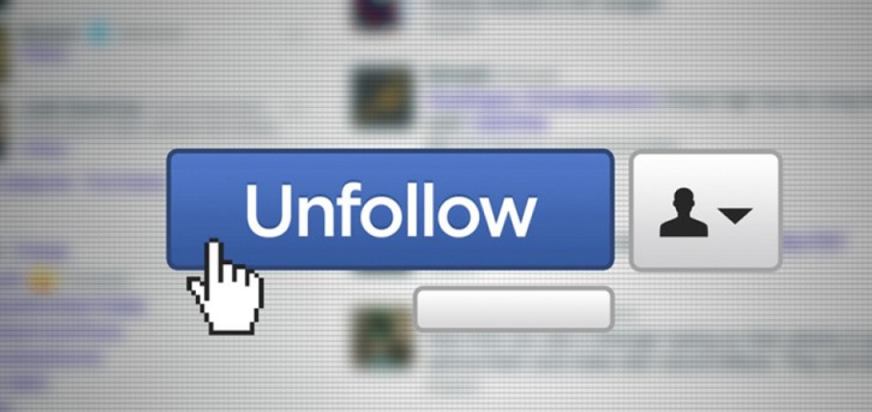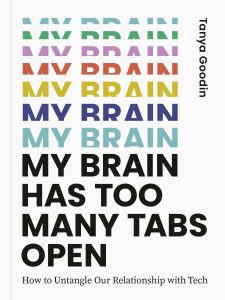
27 May Could ‘digital pruning’ work for you?
Recent research out of Durham University has suggested that the practice of ‘digital pruning’, as coined by the researcher Hockin-Boyers, may be the answer to our tech-life problems. In her study of young weightlifting women who are in recovery from eating disorders she discovered that they were not as ‘vulnerable’ to the ills of social media as previous research may suggest. She found that this was due to a practice common amongst these women to edit their feeds which she titled ‘digital pruning’.
Adults today are spending an average of 102 minutes a day on social media (whether that be Facebook, Twitter, YouTube or Instagram). Those hours we spend online, as we have talked about before, are not always positive, and can increase mental ill-health if we are not careful about how we use screen time. So, this new idea of ‘digital pruning’ could be one way to make online life work in an ever-digitised world.
What is it?
The first and most important question is what ‘digital pruning’ even is, and how it is potentially relevant to your life. Briefly, it is the practice of unfollowing unhelpful or triggering content in the interests of wellbeing. In the recent research carried out at Durham this took the form of women (specifically those who lifted weights and were in recovery from eating disorders) choosing to unfollow accounts which fell under categories such as ‘fitspo’ or ‘thinspo’ and could be damaging to their recovery. However we believe these methods can be put into practice by anyone: man or woman, with varied vulnerabilities or insecurities in their quest to achieve the healthy digital balance we advocate.

How does it work?
These methods could work in various ways for different people. For those in the study the pruning was needed in areas of their life which related to food and eating.
“Instagram is your personal magazine, and you curate your own magazine. And I try and do that with it. So I try and make sure that it’s, like, a healthy place for me to be, instead of somewhere where there’s like loads of people calorie counting and being like, “this is what’s in my food” or “this is my 4 hour workout”.
– A participant in THE Durham Study
We would recommend that if you are to take up digital pruning you do so alongside some other techniques we suggest in order to gain the most benefit from your new digital diet. Most importantly, that means starting with a complete overhaul of your social media followings. We would recommend you do this by going through each of the accounts you follow and Marie-Kondo-style deciding if each spark joy enough for you to continue to actively consume them (and muting or unfollowing those that don’t).
What could it look like for you?
Depending on your needs ‘digital pruning’ could take on myriad forms. If you are suffering from doom scrolling it could mean that you unfollow news outlets on all social media platforms. If you are struggling with comparison between your friendship group you could ‘mute’ your friends for a week. Alternatively if you are struggling with alcohol dependency or mental health issues you could choose to follow accounts which support you, and unfollowing those which portray the experiences you are attempting to avoid.
For more tips on managing your digital wellbeing, take a look at our new book: ‘My Brain Has Too Many Tabs Open‘, publishing in the US and Uk on 7th September 2021.






Sorry, the comment form is closed at this time.